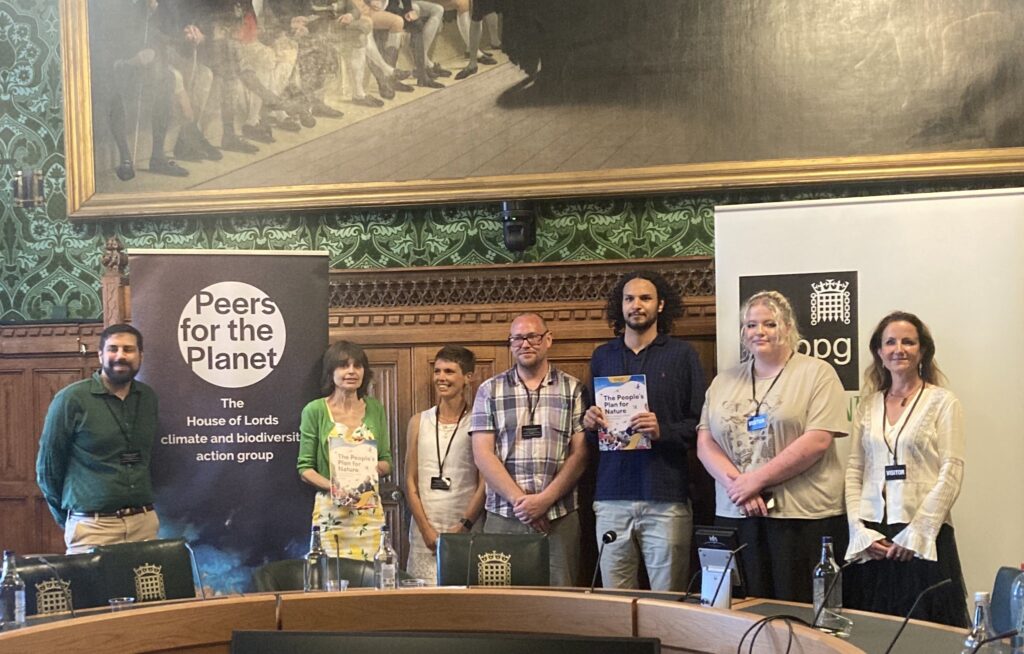As global temperatures rise, mercury that has been trapped in the frozen ground is now being released in various forms into the water, soil, and air, a study has found.
Researchers at the University of New Hampshire, Durham, examined mercury reallocation in the north of the Arctic Circle in Abisko, Sweden.
The researchers examined three different landscapes for the evolution of the mercury and microbial communities along these landscapes to determine how these changes occurred.
They looked at all different forms of mercury including solid and gas mercury, and the way it changes, along with the melting landscapes into the more harmful methylmercury.
They found that as the landscape changes due to warming temperatures, there is a significant increase in the levels of methylmercury, a neurotoxin that could have environmental consequences and health concerns.
Methylmercury is the most toxic form of mercury and is often eaten by animals
Mercury is naturally emitted into the atmosphere from volcanoes, forest fires and the weathering of rocks, but fossil fuels and gold mining are also major contributors.
Florencia Fahnestock, a doctoral candidate in Earth sciences and the lead author of the study said: ‘Our research suggests that Arctic wildlife may be at increased risk of exposure to higher levels of methylmercury that could ultimately impact their reproduction and population.’
‘It also has the potential to impact indigenous people if they are eating methylmercury contaminated wildlife, and possibly the fishing industry if the mercury is flushed out of the watershed into the ocean.’
While this study just looked at landscape changes in the Arctic, researchers say this same methylmercury production could happen in other areas.
Mercury, released from melting ice can be carried by both water and wind, often very far from its original source.
If it is converted into methylmercury upon release or during transportation it has the potential to enter the food chain, making it a possible public health concern.
In related news, poor water quality worldwide is threatening human, environmental and economic wellbeing, a new World Bank report has found.
Photo Credit – Pixabay







